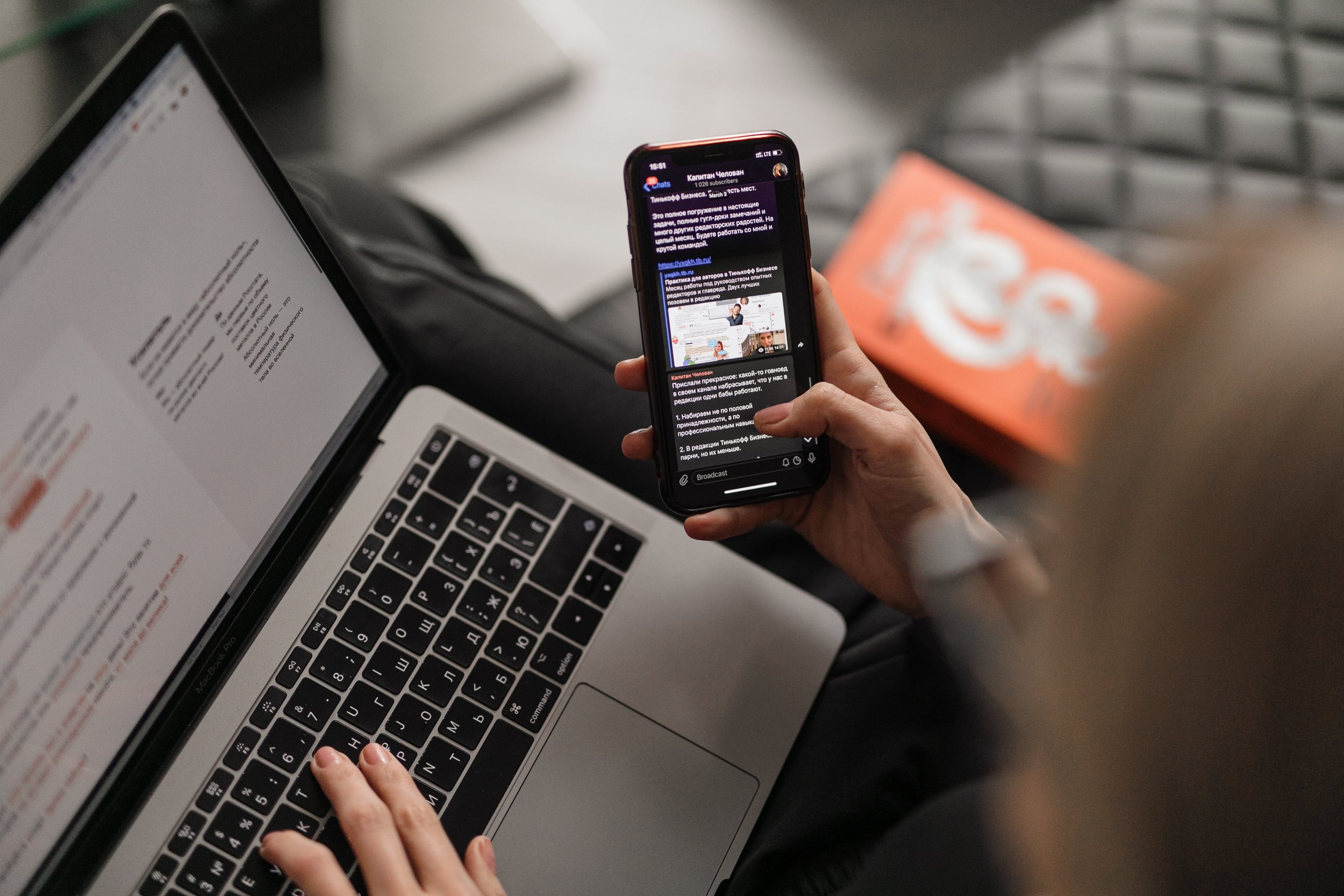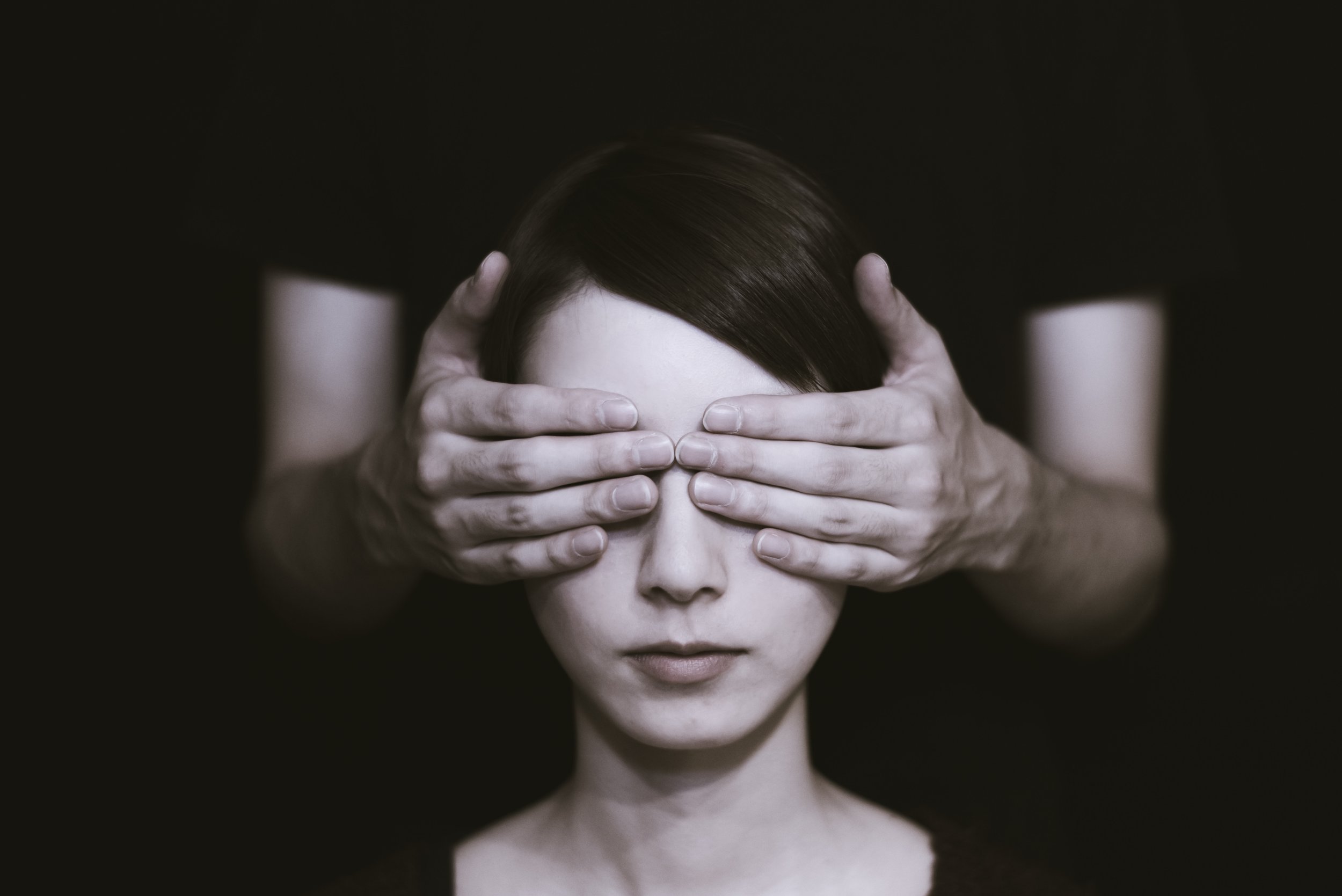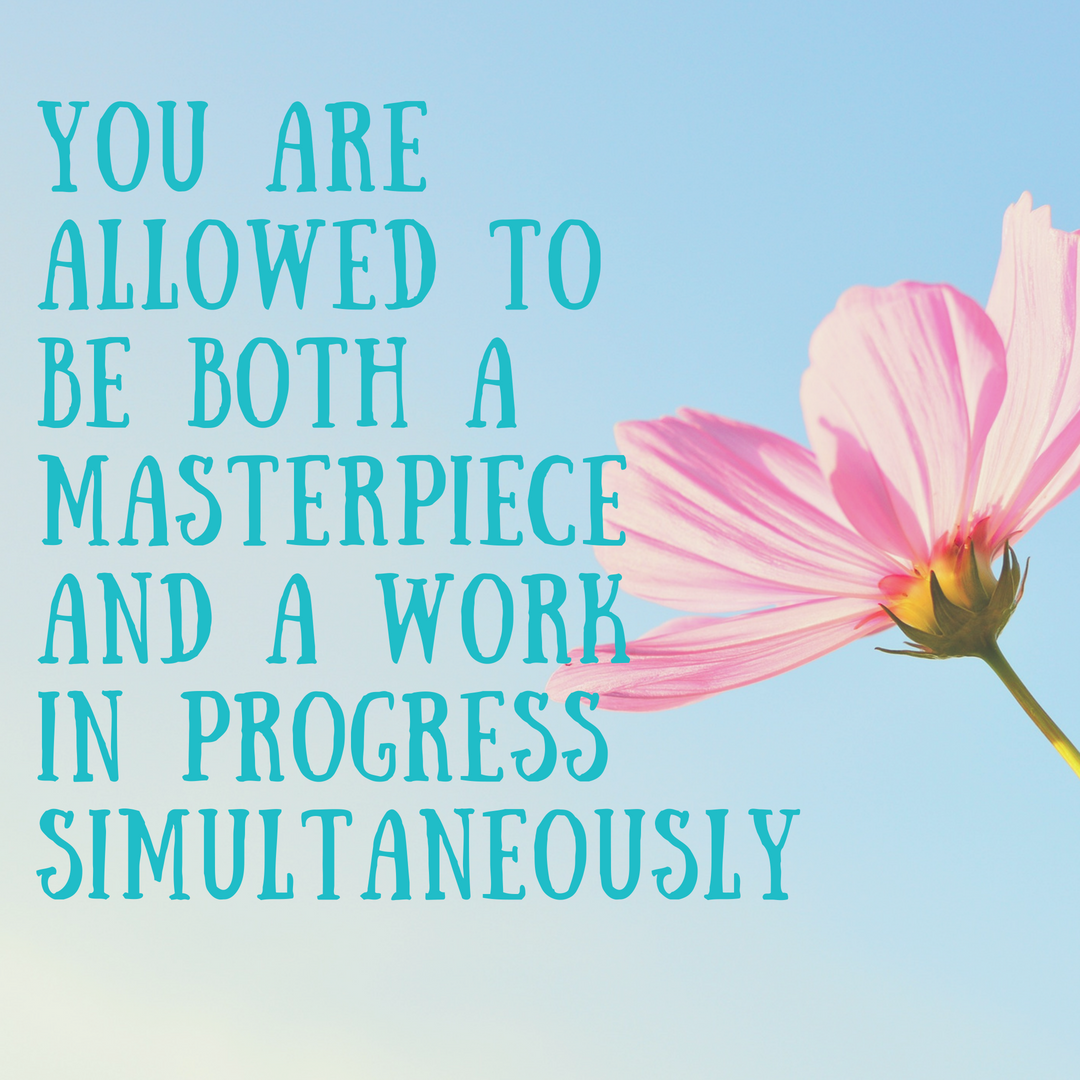Equity is not just a job for minority groups, it’s can’t be, it’s something that impacts us all and a journey that needs the support of allies. According to McKinsey’s Women in the workplace report “Women leaders are switching jobs at the highest rates we’ve ever seen, to make meaningful and sustainable progress toward gender equality, companies need to go beyond table stakes.“
Women leaders are just as ambitious as men, but at many companies, they face headwinds that signal it will be harder to advance. They’re more likely to experience belittling microaggressions, such as having their judgment questioned or being mistaken for someone more junior. They’re doing more to support employee well-being and foster inclusion, but this critical work is spreading them thin and going mostly unrewarded. It’s also increasingly important to women leaders that they work for companies that prioritise diversity, equity, and inclusion.
My passion for gender diversity and levelling the playing field has seen me spend many years helping women take their seat at the table. The flip side of this coin is ensuring the seats are there and the table is accessible and that we have support. The role of allies is becoming more and more important and something many businesses are now investing in.
An ally is often defined as someone who is not a member of a marginalised group but wants to support and take action to help others in that group. Allyship in the workplace is crucial for inclusion and equity.
In recent years, an increased understanding of the powerful impact of male allies at work and at home has led many organisations to recognise men as allies as a critical component of their diversity and inclusion efforts. Men who are allies for women colleagues are crucial partners in achieving gender equality. Without that partnership, it’s much harder to address the barriers and inequalities that women face. Particularly given the majority of our leaders are male.
Those who have seats at the table find they are often a lone voice or get an unfair workload in the DEI space because it’s their passion but also they are the lone voice from that community so lead all the initiatives connected to their background/identity.
Due to the work we’ve started to do in this space there are often allies wanting to support but unsure how. Either through not knowing what to do or a fear of doing/saying the wrong thing. We are often waiting for permission to step forward and support in a space we’re not sure how to navigate or if we’ve got the right to be in. so how can we step safely into this space and show our support?
Being an ally to women and other marginalised groups requires a commitment to promoting equality, challenging oppression, and speaking out against discrimination. Here are some steps that men can take to be allies:
1. Educate themselves about the experiences and challenges faced by marginalised communities, including women, and strive to understand the impact of discrimination.
2. Speak out against sexism and misogyny: including sexist remarks, jokes, and actions, and call out other men who engage in this behaviour.
3. Listen and amplify the voices of marginalised communities: Listen to the experiences and perspectives of women and other marginalised groups, and amplify their voices by sharing their stories and ideas.
4. Interrupt harmful gender norms and stereotypes: Challenge harmful gender norms and stereotypes that limit the opportunities and experiences of women and other marginalised groups.
5. Advocate for gender equality in the workplace and in the larger community by supporting policies, programs, and initiatives that promote women's rights and empower women.
6. Support women's advancement: Mentor and sponsor women in their careers, and actively seek out opportunities to promote women's advancement.
7. Recognise and challenge their own biases and strive to create a more inclusive and equitable workplace and community.
To make a start simply listen more than we speak and ask questions before we assume. Offer support and be there to call out others to show your support in public and help even the playing field and bring consciousness to the often unconscious comments, habits and assumptions.
By taking these steps, men can play a critical role in promoting equality and challenging discrimination. It is important to approach the work of being an ally with humility, a willingness to learn, and a commitment to creating a more just and equitable world.
Find out more about my activating allies programme here and get in touch for availability.






















